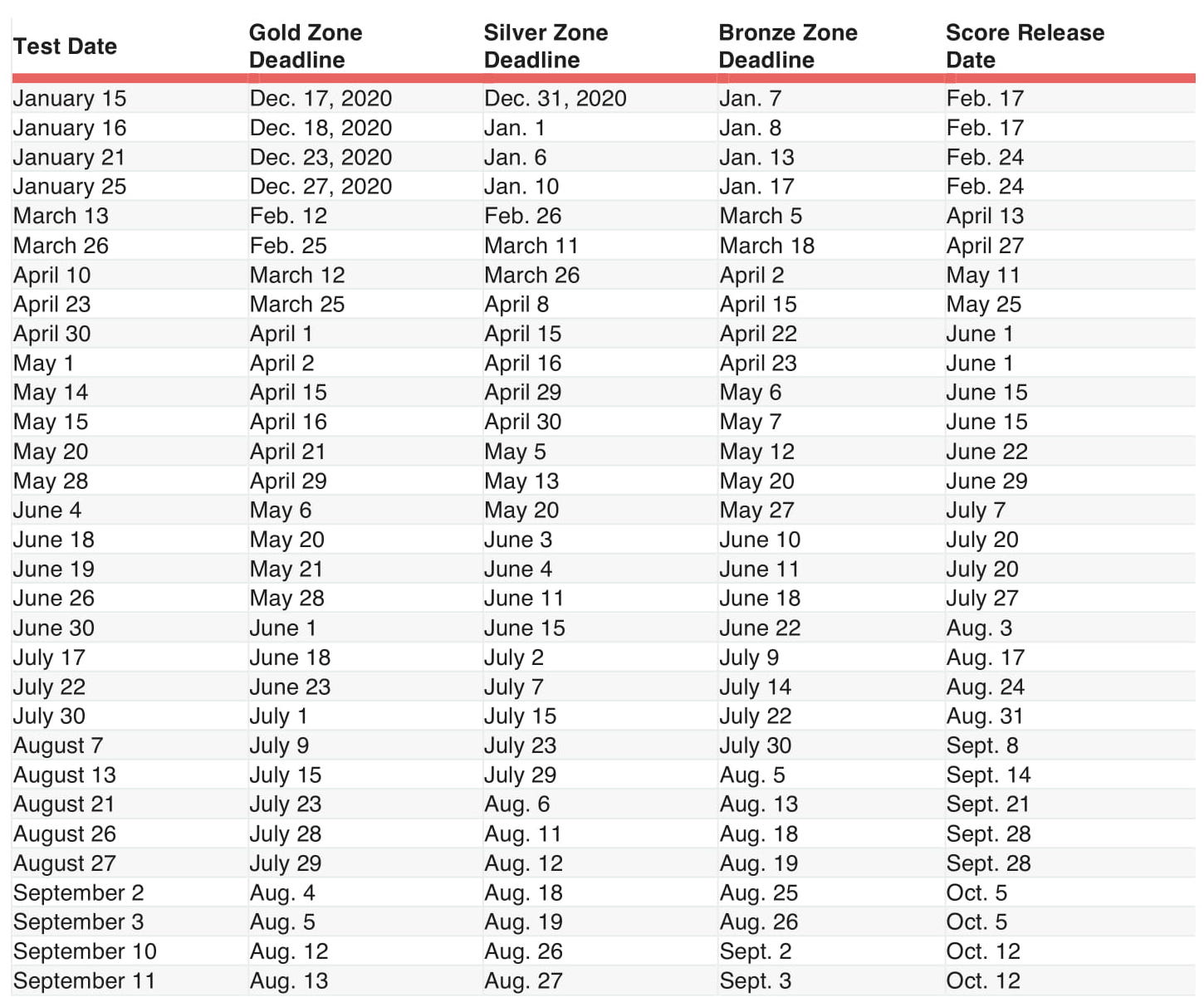Business books help open the eyes of students to communication concepts and critical reasoning. These books can also help the student identify and pursue their career targets. So let’s take a look at what they are to get you reading.
Good to Great: Why Some Companies Make the Leap … and Others Don’t By Jim Collins
In this book, Jim Collins looks at companies that hit long term success through innovation and discipline. Out of the about 1,500 companies researched, six characteristics were found similar among them. The book helps college students understand the dynamics of running a business.
How to Win Friends and Influence People By Dale Carnegie
This is a self-help guide that has seen about 30 million copies sold on a global scale. It covers vital topics like getting others to like you, how to handle people effectively and how to convert others to think like you. There is a fourth section that covers ways to change behaviors and beliefs without causing hatred.
Lean In: Women, Work and the Will to Lead By Sheryl Sandberg
Facebook’s chief operating officer Sheryl Sandberg gives a detailed guide to women who desire success in the workplace. The book covers critical topics relating to women in business and leadership.
Thinking, Fast and Slow By Daniel Kahneman
The author is a prominent personality in the field of human behavior, and his book takes a close look at the two core systems of the human brain. The book teaches the reader how the automatic and conscious systems of a human cause memory error, which affects decision making. This book is perfect for college students.
The 7 Habits of Highly Effective People By Stephen R. Covey
In this book, the author uncovers strategies to go through the three phases of development. The first three of the habits focus on moving from dependence to independence. Interdependence is covered in the next three, while the final habit deals with continuous improvement. The book guides business leaders on the principle of interdependence as they grow.
The Wealth of Nations By Adam smith
This book looks at how countries can maintain power and accumulate wealth. It emphasized division of labor, productivity, market pricing, and monetary policies. The book argues in favor of limited government and free markets. It makes a good read for students of international trade and finance.
The Effective Executive: The Definitive Guide to Getting the Right Things Done By Peter F. Drucker
This book shines a light on what the modern corporation is about. The author goes in-depth to talk about the main philosophies and best practices deployed by top leaders. Each concept is backed by an example, thus assisting the reader in comprehending how managers apply their skills.
The Essays of Warren Buffett By Warren E. Buffett and Lawrence A. Cunningham
Warren Buffett wrote a yearly letter to Berkshire Hathaway Inc shareholders for about 50 years. His Essays helped break down the basics of business economics. It shows investors how to identify profitable businesses without bothering about the rise and fall of market values.
The Big Short: Inside the Doomsday Machine By Michael Lewis
This book takes an in-depth look into what led to the depression between 2007 and 2009. The author studies the events that lead to the crash, such as the credit default swap market and the real estate bubble. It also looks at the unethical activities of Wall Street. This makes it a good read for college students interested in business.
Concluding Thoughts
These books are a product of years of study and experience written by the best in their fields. They make a good read for students looking to advance with precision and speed.







